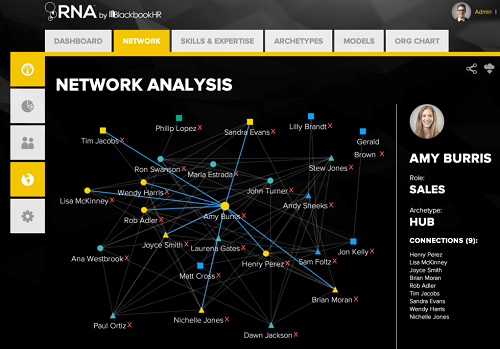I really don’t give a hoot if you’re extroverted or introverted, the fact of the matter is I’m sick of you focusing on yourself and how others can pander to your every whim. You want to know what real HR Pros have to secretly deal with every single day? Idiots like you!
Yeah, I said it. I don’t care that you’re a millennial, or that you’re a baby boomer, or that you’re gay, or straight, or both. I don’t care that you need to leave every other Tuesday for some religious reason, or that you sneak out every Friday to meet someone who is not your spouse.
I’m an HR Pro and I’ve got to deal with crap that you can’t possibly fathom. What I care about is that you actually show up to work, ready to work, excited about work, and do work. I know, life is hard, and coming to work every single day is hard. But, I’m paying you, so just work and get over all of your hangups.
You know want to know why I feel this way? Because I’ve got to deal secret stuff, secret HR stuff, like this:
1. Figuring out how to keep it quiet that we actually do know that our females are getting paid less than our males, but we don’t actually have the money to make it right, and don’t want to get sued. All the time hating our executives who force us to continue this idiotic practice, knowing it’s wrong.
2. Carrying around, sometimes for months, those names of our coworkers and peers who we’ll be laying off. It sucks. We carry around baggage that we know will ruin the lives of people we care about. Hello, alcohol abuse.
3. Knowing which executives are sleeping with employees who are reporting to them, but knowing turning them in will be career suicide.
4. Understanding which employees are actually ‘gaming’ the system, increasing our healthcare costs, ruining it for everyone else, and wanting to scream at the top of your lungs what’s going on. But not. Letting the ‘system’ play itself out. I hate you employees who ‘game’ the system.
5. That hiring decisions are sometimes made based on religion, race, sex, marital status, maternity status, sexual preference status, etc., and that actually might be the best thing for the organization’s success, and the employees who rely on that success. That many times the ‘best’ person isn’t hired for the job, but 100% of the time we say that they are.
See? Listening to someone tell you their secrets sucks. Your coworkers and peers don’t really want to hear your secrets. They want you to shut up, so they can tell you stuff about themselves. That’s the real secret.
We all have issues. There’s no way you are going to be able to understand how to deal with everyone. The secret is to stay off the fringes professionally. Track down the middle, be consistent and don’t break stuff, just to break it.

